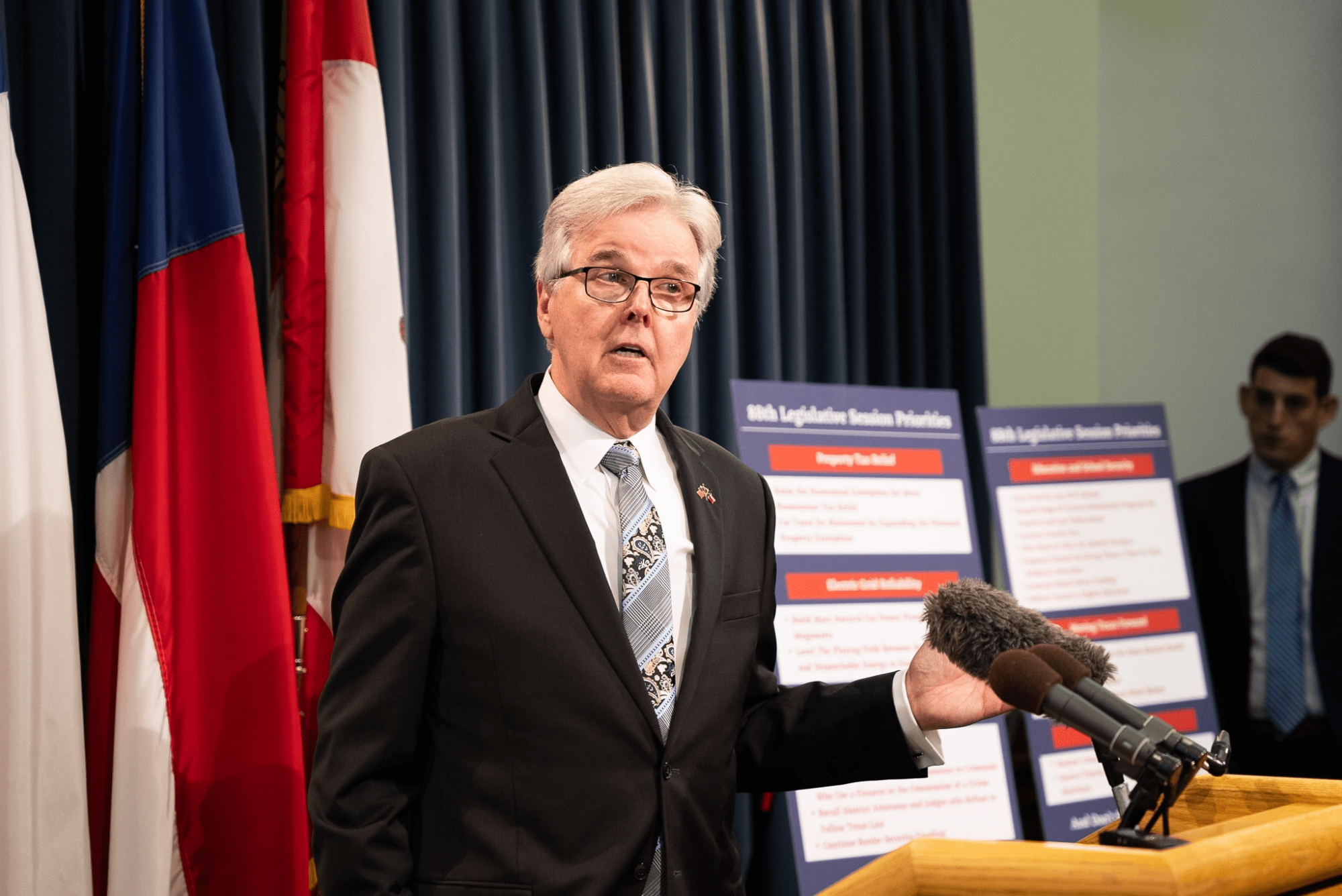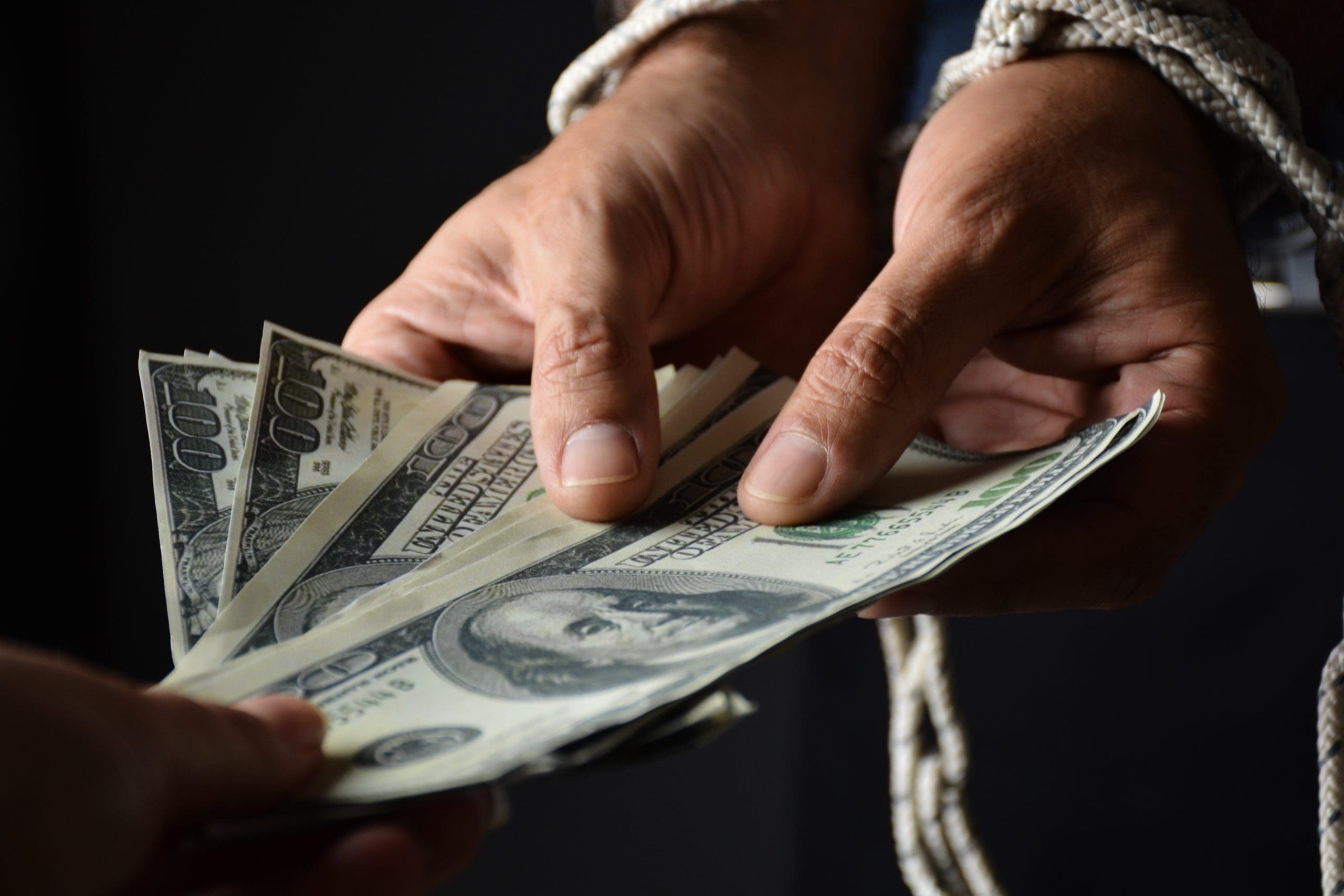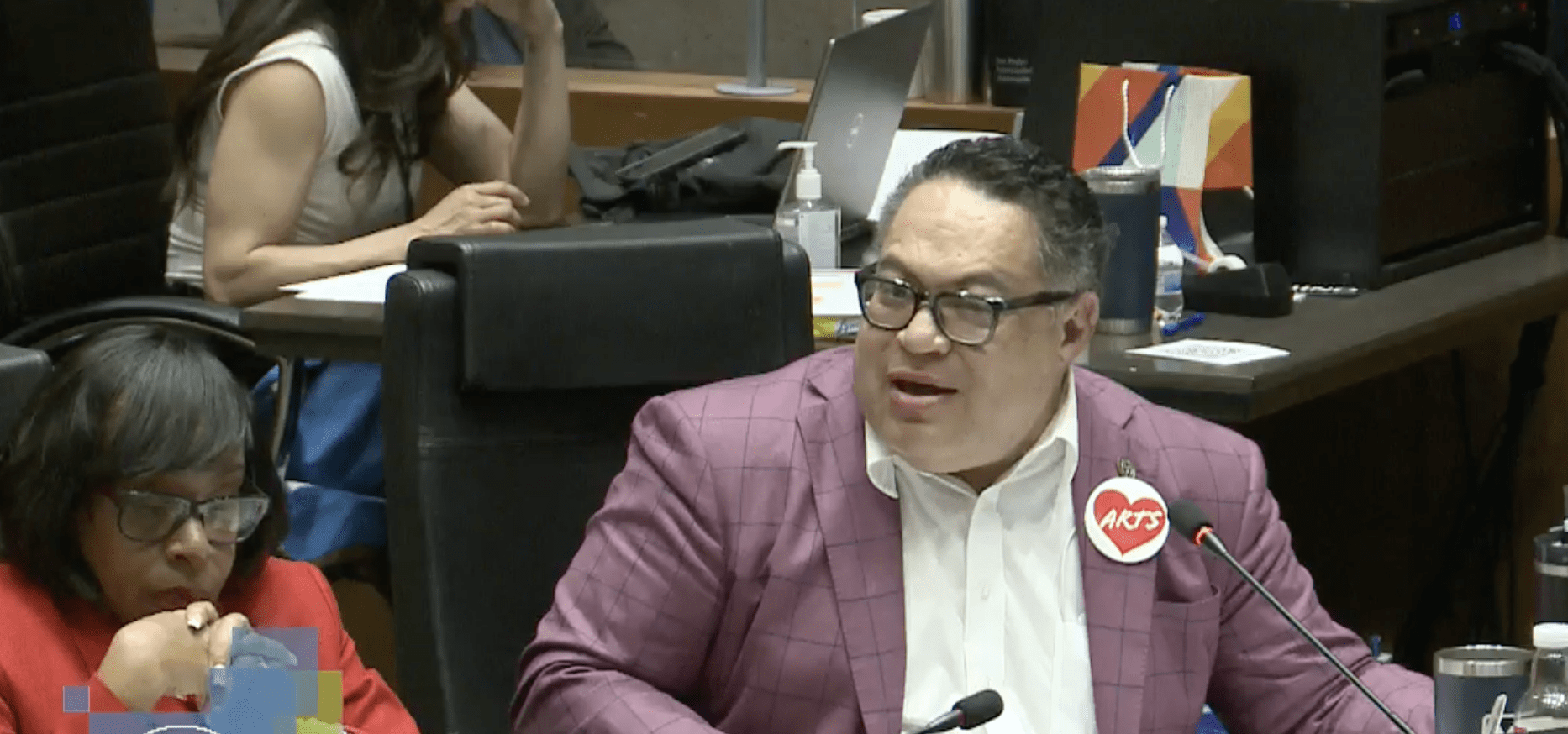The majority of Texas’ largest cities are growing core government spending faster than their population, according to public data collected by the Texas Scorecard. While the magnitude of the problem varies, it’s clear taxpayers would benefit from local spending limitations.
Texas local governments are being consumed by a black-hole of growing debt, with property taxpayers seeing a bigger share of their earnings dragged into the maelstrom. That can be the only conclusion after examining the most recent data on local debt provided by the Texas Bond Review Board.
Ranking second only to New York in outstanding debt per capita, each Texan owes approximately $8,350, or more than 25 percent above the national average ($6,083). Add interest expense, and that figure increases 40 percent, to $12,250 per resident.
As a large majority of local debt is tax-supported, excessive spending growth by local governments translates into higher property tax bills for families and businesses. Texas Scorecard has regularly reported on the fact that Texas taxpayers currently pay the sixth highest property tax rates in the country. Unfortunately, these rising tax and debt levels burden family budgets and are a drag on economic growth.
Driving higher tax bills is not just the increase in borrowing, which opens the door to several bond-related issues, but chiefly the profligate spending behind it by a large number of Texas cities, counties, and districts.
 Data available on municipal budgets, for instance, shows that many Texas cities are increasing spending at a far greater rate than necessary. Between fiscal year 2006-07 and FY 2016-17, several cities expanded their General Fund spending faster than its resident population, while others experiencing massive population booms appear capable of controlling spending growth.
Data available on municipal budgets, for instance, shows that many Texas cities are increasing spending at a far greater rate than necessary. Between fiscal year 2006-07 and FY 2016-17, several cities expanded their General Fund spending faster than its resident population, while others experiencing massive population booms appear capable of controlling spending growth.
Rounding out the top overspending cities in our list of approximately twenty large Texas cities is Austin, Houston, Amarillo, and San Antonio (see the full data table at the end of this story.) In our sample of city general fund expenditures over the selected period, only six of 19 Texas cities accomplished spending increases at or beneath the growth in population and inflation.
The data considered here is but one data point in the broader narrative over what’s happening in these cities. For example, Frisco and McKinney’s achievement in growth under population and inflation could easily flip as those cities’ above-average population growths plateau, evidenced by some of their neighbors’ trends. Both cities’ incorporated and extra-territorial jurisdictions are bordered on virtually all sides by others.
Needless to say, it appears many cities have a serious spending problem, but hope may be on the horizon. Under consideration during Gov. Greg Abbott’s first special session are a pair of measures which would meaningfully limit the growth in spending by political subdivisions to a rate of inflation times population. Those bills, SB 18 by Sen. Craig Estes (R-Wichita Falls) and HB 206 by Rep. Jason Villalba (R-Dallas) squarely address the governor’s and taxpayers’ concerns. The senate version was scheduled for a vote this week, but was postponed until Monday.
Meanwhile, HB 206 currently sits idle in the House Urban Affairs committee. The committee has met only once and conducted a hearing on only one bill identified and supported by Abbott.
The need for local spending limits is written on the wall. With debt obligations and spending levels soaring in big cities across Texas, taxpayers should demand action to enact protections against the crushing burden of local taxes and wasteful spending today by contacting their representatives and the speaker’s office, demanding lawmakers to vote for local spending limits.





